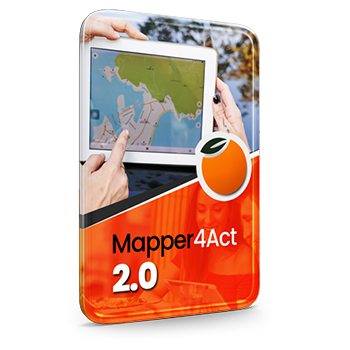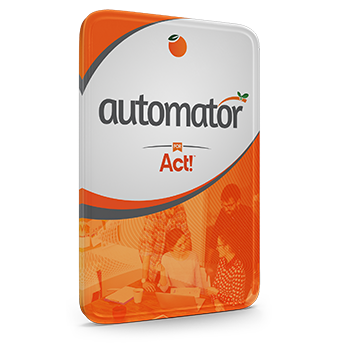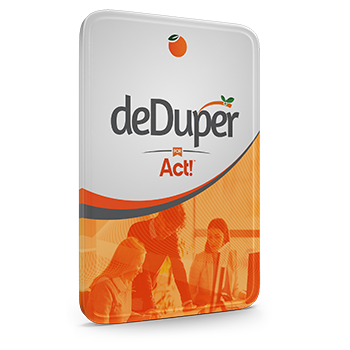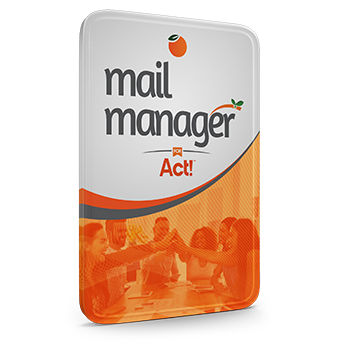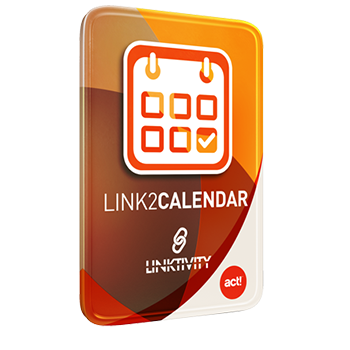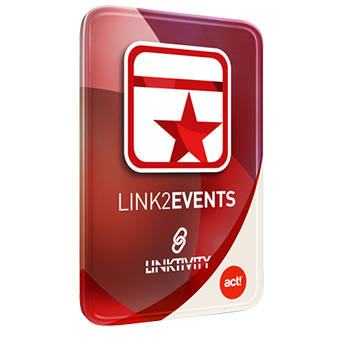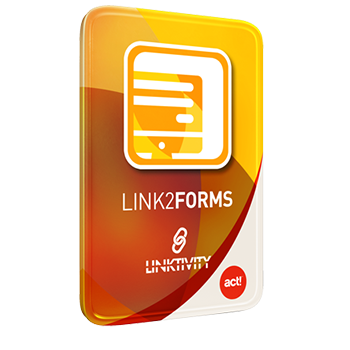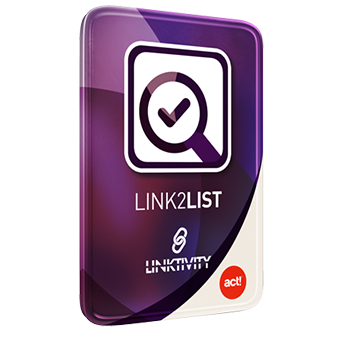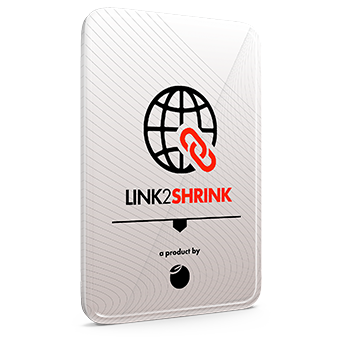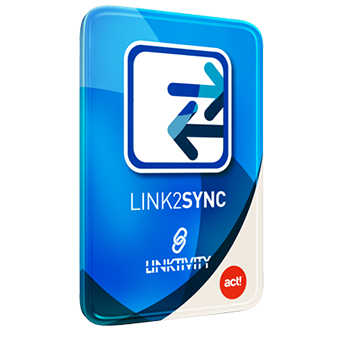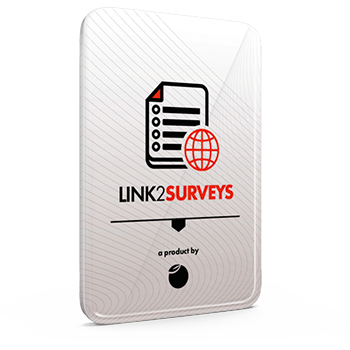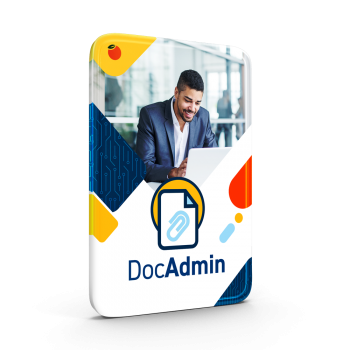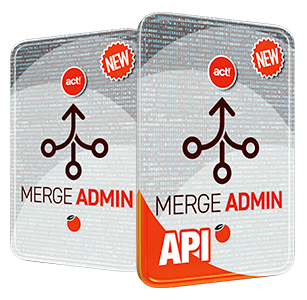QuickBooks is a robust accounting software that many small to medium-sized businesses rely on to manage their financial transactions. However, it is not designed to function as a Customer Relationship Management (CRM) tool. While QuickBooks can store customer contact information and handle some basic task scheduling, small businesses should avoid trying to save money on CRM by double-purposing their accounting program. There is limited feature overlap between the two, and whatever money is saved on CRM licensing will be lost daily in the business's reduced productivity.
To be more specific, the following is a list of the key reasons QuickBooks should not be used as a CRM:
- Limited CRM Features: QuickBooks is primarily designed for accounting and lacks the comprehensive features needed for effective CRM. Traditional CRM systems offer robust functionalities such as lead and opportunity management, sales automation, customization, and customer service tools, which QuickBooks does not provide. It also lacks basic calendar functionality, task lists, features for tracking customer interactions, and management of basic marketing efforts.
- Security Concerns: Using QuickBooks as a CRM can pose security risks. Since QuickBooks handles sensitive financial information, granting access to employees who only need customer data can compromise the security of your financial records. On the other hand, a CRM system can provide controlled access to customer information without exposing financial data.
- Inefficient Lead Management: QuickBooks does not offer practical lead management features. A CRM system allows businesses to generate, track, and nurture leads through various lead sources, including web forms, calendar links, and e-marketing, ensuring no potential customer falls through the cracks. QuickBooks lacks these capabilities because it isn't designed to track pre-sales activity, only post-sales.
- Limited Analytics and Reporting: While QuickBooks excels in financial reporting, it falls short in providing the detailed analytics and reporting needed for CRM purposes. A CRM system can offer insights into customer behavior, sales performance, projected income, and marketing effectiveness, helping businesses make informed decisions and improve their strategies. QuickBooks reports on sales results and account balances only.
- Integration Challenges: Although QuickBooks can integrate with some CRM systems, using it as a standalone CRM can create integration challenges. A dedicated CRM system is designed to seamlessly integrate with various business tools like web forms, surveys, event management, e-marketing, calendar links, project management, real-time chat services, and more.
- Mobility: While many accounting programs offer browser-based access, few provide responsive mobile access to the data for phones or tablets. When access is limited, so is its use.
QuickBooks is an excellent tool for managing financial transactions but unsuitable as a standalone CRM. CRM tools are generally designed to track, guide, automate, and report on a customer's journey to a sale, and QuickBooks after the sale is complete. The difference between these two program types is not simply features but function, which is not to say there isn't value in sharing the data between the two. For example, integrating accounting data into a CRM (like Qsales does with Act!) can help CRM users better understand contacts as customers, and blend the best of both programs into a hybrid solution that is more than the sum of its parts.
A small business ERP, if you will.
Summary
In conclusion, businesses looking to manage customer relationships effectively should invest in a dedicated CRM system with the necessary features and capabilities to drive sales, improve customer service, and enhance overall business performance. Save QuickBooks for reporting on the sales that come from those CRM efforts.



